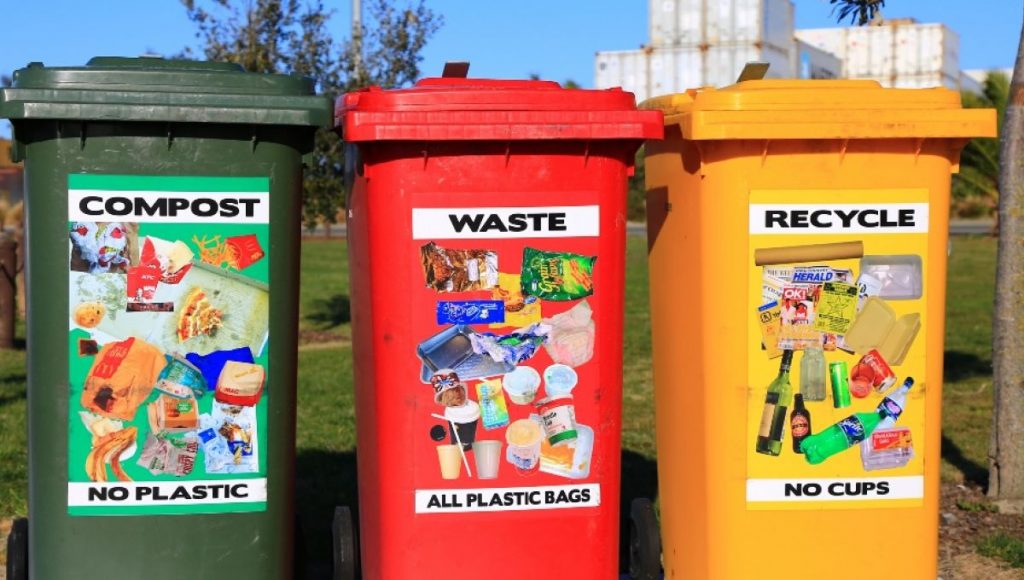
Few people are willing to make lifestyle changes to save the planet
46% of them think they don’t really need to change their personal habits to mitigate climate change. This is what reveals a survey conducted among the population of ten countries and Directed by Kantar Public. However, 62% of Americans, French, Singaporeans and New Zealanders consider the climate crisis to be the main environmental challenge the world is currently facing. They put this problem in front of air pollution, the impact of waste, and new diseases.
36% of respondents consider themselves this way “Very committed” in preserving the planet. In all 10 countries, people think they are doing more than governments, companies and the media. But few people are willing to make more significant lifestyle changes. 51% of those surveyed said they would definitely take individual climate action, 14% would definitely not and 35% were split. The Poles and Singaporeans are the most willing to work, unlike the Germans and the Dutch.
“The public awareness of the importance of the climate crisis illustrated in this study must be combined with a willingness to act proportionately,” Study notes. According to Emmanuel Riviere, director of international polls at Kantar Public, the results give value ‘A double lesson for governments’. they must “To live up to people’s expectations”, “But they also have to convince the population, not of the reality of the climate crisis – it’s been done – but of the solutions and the way we can fairly share responsibility for this crisis.”.
Reasons for not taking action
Many reasons have been given to justify the lack of will to push the effort forward. “I’m proud of what I’m doing now” It is the response of 74% of the respondents with “There is no agreement among experts on the best solution.” (72%). The lack of resources and equipment on the part of public authorities is also an obstacle to changing lifestyle for 69% of those surveyed.
Reasons persist and include lack of information, overestimation of environmental threats or lack of time to think about everyday solutions. 39% of the population questioned believed that individual efforts had no real effect. According to the study, citizens are more interested The government’s inaction on this matter.
When asked about the best actions to save the planet, respondents mentioned measures that are already habits, that require less individual effort and less direct responsibility, such as recycling, reversing deforestation, or protecting endangered animals. On the other hand, they are not ready to reduce their energy consumption, reduce the frequency of their car use or radically change their agricultural model.
“Citizens are undoubtedly concerned about the state of the planet, but these findings raise doubts about their level of commitment to preserving it,” Study concludes.

“Organizer. Social media geek. General communicator. Bacon scholar. Proud pop culture trailblazer.”
